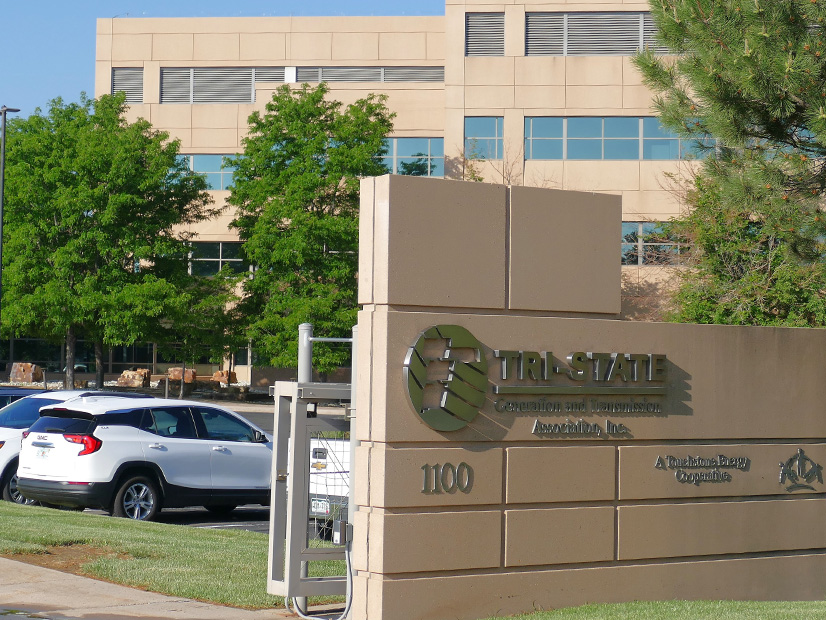FERC on Thursday rejected parts of a deal Tri-State Generation and Transmission Association had filed to allow the Colorado-based United Power to terminate its membership with the cooperative (ER23-2822).
The firm had signed up to get at least 95% of its needs met by Tri-State through 2050 under the wholesale electric service contract, and its bylaws provide that members seeking early termination must satisfy all of their contractual obligations to the wholesale co-op. Members have to give two years’ notice and make a contract termination payment before they leave.
FERC rejected an earlier attempt from United to conditionally withdraw in April 2022, and just eight days later, the Colorado co-op submitted a nonconditional two-year notice that it still wished to get out of the contract. (See FERC Rejects Conditional Withdrawals from Tri-State.)
Tri-State and United did not agree on the amount of the exit fee and its true-up, the latter of which is meant to protect both sides from over- and under-payments. They also disagreed on whether Tri-State getting the payment was a precondition for United to withdraw and whether Tri-State could terminate the withdrawal agreement if United fails to pay on time.
United argued that the fee is excessive and that because it is based on a pending proposal from FERC, true-ups could take years to come back to it as the case works its way through appeals. Even if FERC quickly approves a calculation leading to a lower fee, United claimed it may not get a refund because of risks to Tri-State’s finances.
FERC found that Tri-State had not proven the withdrawal agreement to be fully just and reasonable, basing that on some of the provisions under the deal.
Tri-State did not demonstrate that it is just and reasonable under the Federal Power Act to automatically terminate the withdrawal agreement and rescind United’s notice of withdrawal to the extent the generation and transmission co-op is found to be outside of FERC’s jurisdiction, which was the case before September 2019 — a decision that has been reaffirmed in court.
“We find that Tri-State has not demonstrated that it is just and reasonable under the FPA to automatically terminate the withdrawal agreement and to automatically rescind United Power’s notice of withdrawal based on a change in jurisdictional status,” FERC said. “We further find that Tri-State has not supported the provision stating that the parties ‘mutually agree’ to rescind the withdrawal notice given that United Power has not agreed to this provision.”
FERC agreed that the deal could be terminated for failure to pay, but it rejected language that would have denied United any chance to fix any late or deficient payment.
The commission agreed that United will have to pay the exit fee that is effective on April 24, 2024, when it is set to withdraw from Tri-State, which currently would be nearly $1.6 billion.
However, the withdrawal penalty calculation method could be changed by FERC in that pending case before that date. The deal also gives 90 days after April 24 for a FERC order on the new method, which would lead to a true-up to the new fee.




